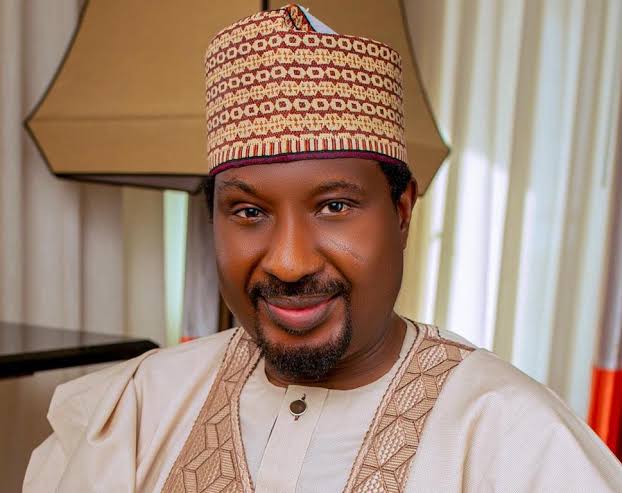Deputy President of the Nigerian Senate, Senator Barau Jibrin, has announced a bold new initiative designed to empower young farmers across the North West, with the goal of creating 558 new farmer millionaires this agricultural season.
The program, titled the Barau Initiative for Agricultural Revolution in the North West (BIARN), will see three young farmers selected from each of the 186 local government areas in the seven states that make up the North West geopolitical zone: Kano, Kaduna, Katsina, Kebbi, Jigawa, Sokoto, and Zamfara.
Each of the 558 beneficiaries will receive N5 million to invest in farming, specifically focusing on maize and rice cultivation. This initiative is part of a broader effort to revitalize agricultural production in the region and align with President Bola Ahmed Tinubu’s Renewed Hope Agenda, which prioritizes food security as a national objective.
Speaking at the National Assembly in Abuja, Senator Jibrin emphasized the importance of food security to national stability. “Food security is paramount and at the top of the agenda of progressive nations globally. Without it, we are insecure at every level—individual, family, local government, state, and national,” he said.
The North West, once known as Nigeria’s food basket, has seen a decline in agricultural productivity. Senator Jibrin is determined to reverse this trend. “Decades ago, the North West produced most of the agricultural products consumed nationwide and even for export to neighboring countries. That is no longer the case,” he remarked. “The Barau Initiative seeks to harness the vast arable land in the region to restore its agricultural prominence.”
The program, launched by the Barau I Jibrin Foundation (BIJF) in partnership with a national financial institution, will focus on maize and rice cultivation, two crops central to Nigeria’s food production. Senator Jibrin explained that boosting the yields of these crops will not only enhance food security but also help reduce the cost of food in the region and across the country.
In 2023, Nigeria produced 8.9 million metric tons of paddy rice, the highest since 2010, but still far below the needs of the country’s growing population. “This initiative is a step toward revolutionizing agricultural production and ensuring that we can meet the food demands of our people,” Senator Jibrin stated.
The program is set to launch in April 2025, ahead of the farming season. The breakdown of beneficiaries per state is as follows: Kano (132), Katsina (102), Jigawa (81), Kebbi (63), Kaduna (69), Sokoto (69), and Zamfara (42).
Senator Jibrin concluded, “If we attain food security in our country, more than half of our problems will be solved. Let’s work together for the benefit of all.”

